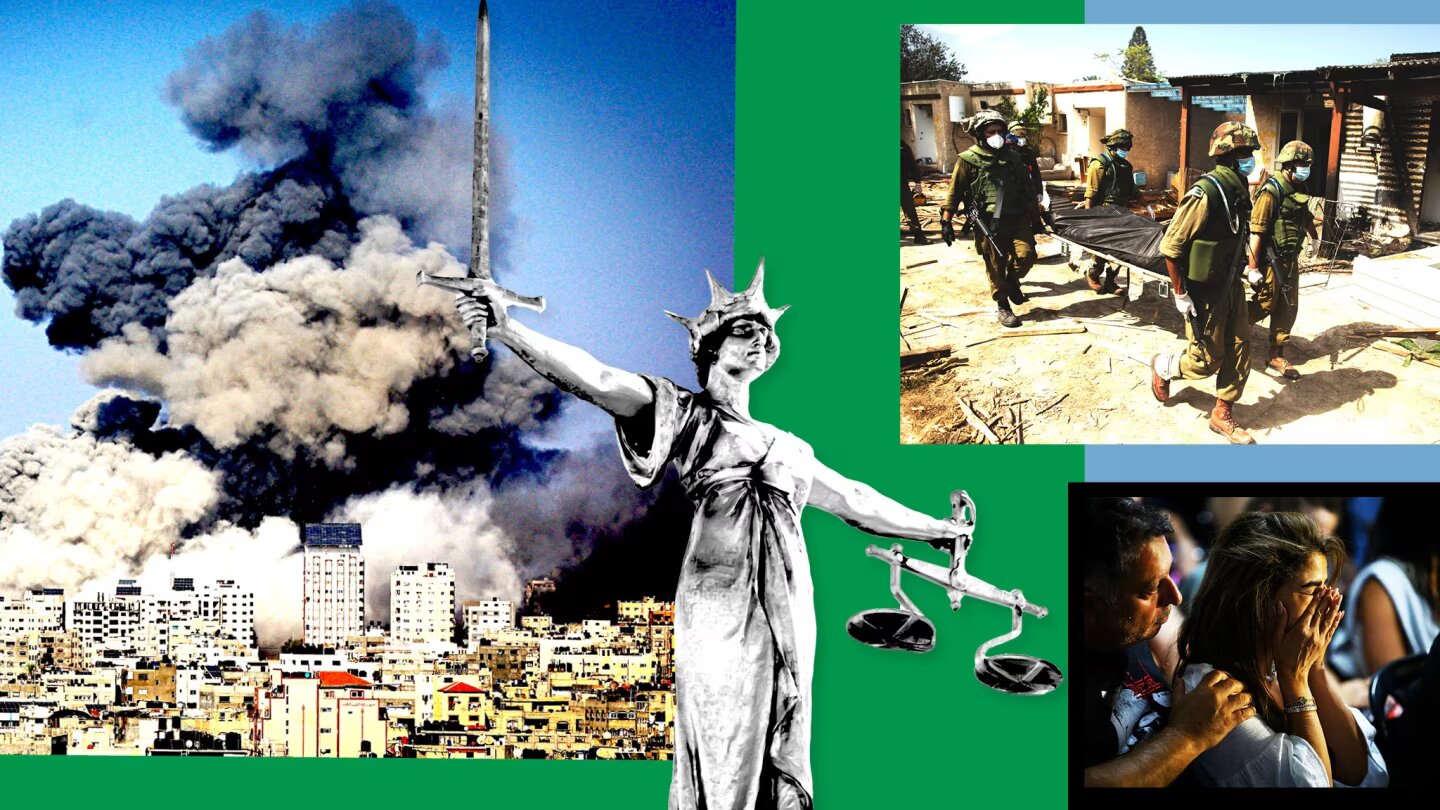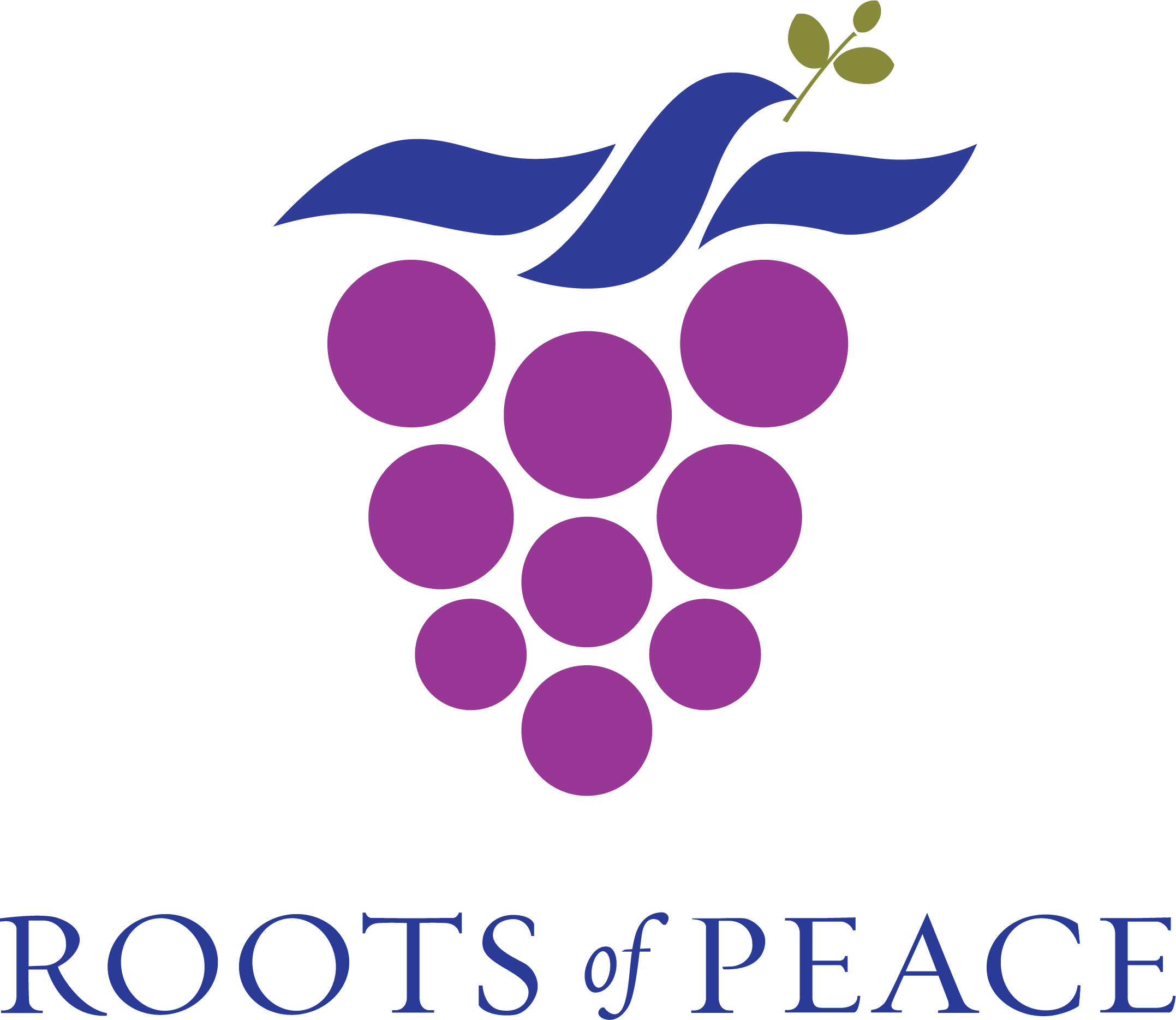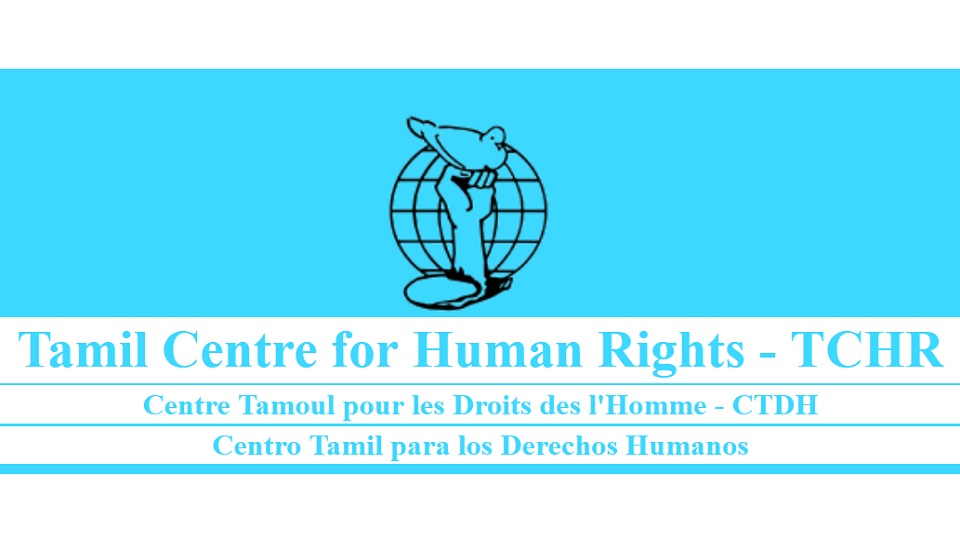An ongoing armed conflict between Palestinian militant groups led by Hamas and Israel began on 7 October 2023, with a coordinated surprise offensive on Israel. The attack began in the morning with a barrage of at least 3,000 rockets launched from the Hamas-controlled Gaza Strip against Israel. In parallel, some 2,500 Palestinian militants breached the Gaza–Israel barrier and massacred civilians in neighboring Israeli communities. At least 1,400 Israelis were killed, including 260 people at a music festival in Re'im. Unarmed civilian hostages and captured Israeli soldiers were taken to the Gaza Strip, including women and children. Israel began conducting retaliatory strikes before formally declaring war on Hamas a day later.
Is international law being violated in this conflict? What should be paid attention to in order not to break it?
An international lawyer practicing within the realm of international transactions and international disputes, a member of the Miami International Arbitration Society, and who represented countries and foreign investors in arbitration, Davy Aaron Karkason said Ednews that, to begin with, his stand is still neutral and he is not advocating for any of the positions here. He is just explaining the analysis on how to go about it. Everyone can formulate opinions based on this analysis:

“First of all we are going to have a look at the treaty that is involved and the rules of engagement in the UN articles and I can assure you that every country at war or in military conflicts violated, violate, or will violate them without exception. There is not a single country or organization that will respect them because when at war civilians die no matter how careful or reckless they are in engagement.”
According to the international lawyer, there is no legislation:
“Israel is not at war against a country. It is at war against a guerilla organization considered a terrorist organization by many Western countries including the US. So it is very hard to know how the rules of engagement apply when it is hard to identify legal targets since they are not a country or a nation. The best example was the conflict in Vietnam for many years there were guerilla attacks by the opposition that the French couldn't handle and the US, for odd reasons, had to engage and commit many war crimes there. This was because it was hard to identify the legal targets as anyone could be a target and because of the massacre of the village of My Lai due to ongoing PTSD (Posttraumatic Stress Disorder) with the troops.”
“Generally, when there are conflicts and the International Court of Justice (ICJ) makes a ruling against a country (Ie. Russia as an example since they are at the ICJ due to the war in Ukraine), these rulings are opinions and nonbinding on the country at fault. This is because countries are sovereign. However, these rulings create issues for the country in a certain way. There is a rule of R R R which is reputation, retaliation, and reciprocity”, - he added.
D. Karkason emphasized that in international affairs, reputation, retaliation, and reciprocity also play crucial roles, often shaping the interactions between countries:
“Reputation is that nations work hard to build reputations for reliability, strength, and trustworthiness on the global stage. A country's reputation can influence its diplomatic relations, its ability to form alliances, and its power in international negotiations. Countries with strong reputations can leverage this for economic, political, and social gain. However, actions perceived as negative can harm a nation's international standing.
Retaliation means that on the international stage, retaliation can take many forms, including economic sanctions, diplomatic isolation, or military action. Countries may retaliate to demonstrate strength, deter adversaries, or punish actions that violate international norms or agreements. However, retaliation carries risks, potentially escalating conflicts or harming relationships between nations.
Reciprocity is that in international relations, reciprocity is foundational to diplomatic interactions and treaty agreements. Countries often engage in cooperative behaviors with the expectation that these actions will be reciprocated. For example, trade agreements, mutual defense treaties, and diplomatic gestures are often based on the principle of reciprocity. Conversely, negative actions might be met with similar counteractions, like tariffs or reciprocal visa restrictions.”
The international lawyer pointed out that these principles are interwoven in the complex tapestry of international relations, each influencing a nation's strategies and their outcomes on the world stage:
“Countries often must balance these factors, considering short-term gains against long-term reputational impacts, the benefits of retaliation versus the risks of escalation, and the value of cooperative reciprocity in building stronger international relationships. When we see countries siding with any conflicted country, let’s look at the three RRR and we can start to hypothesize and see what are the stake in the games for each country to do so.”
Ulviyya Shahin










